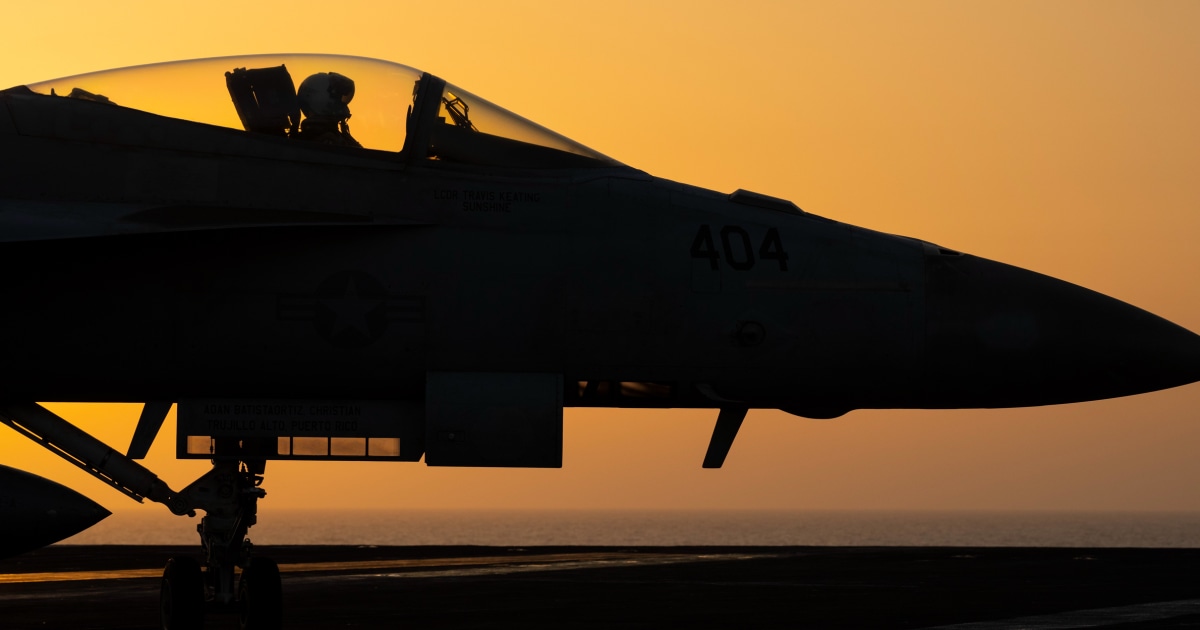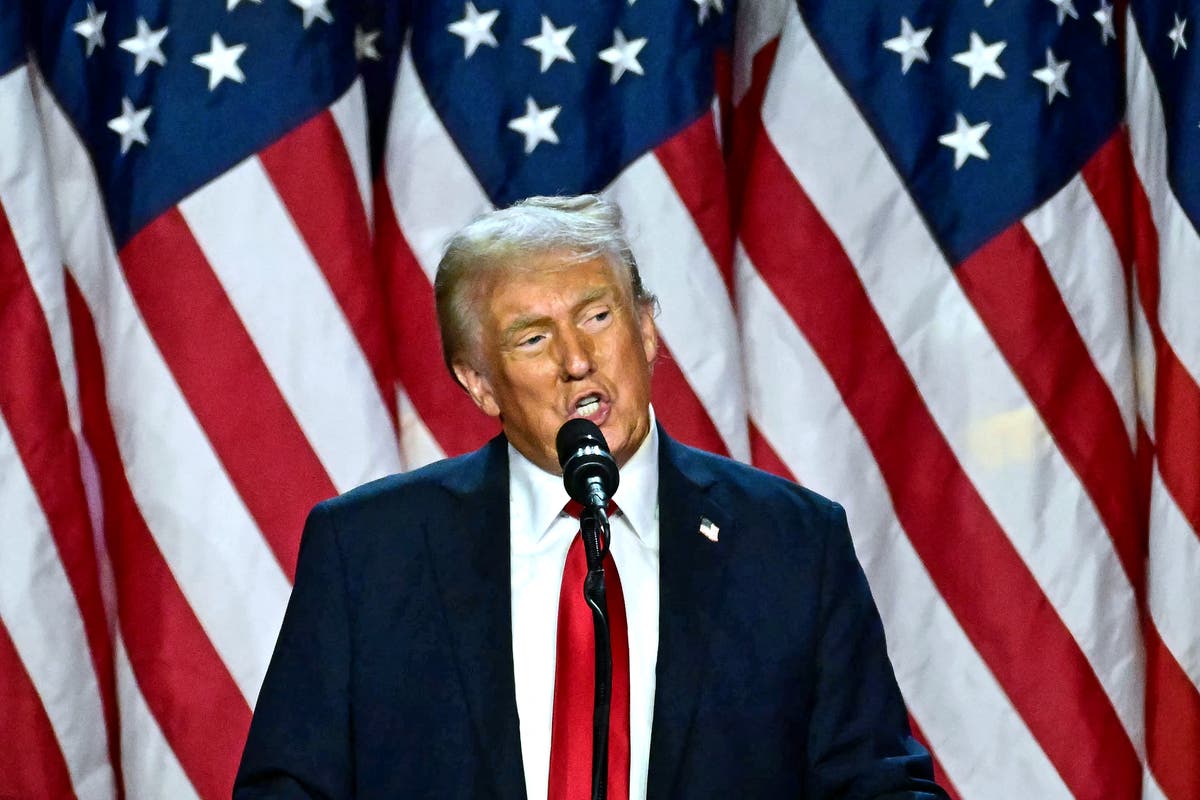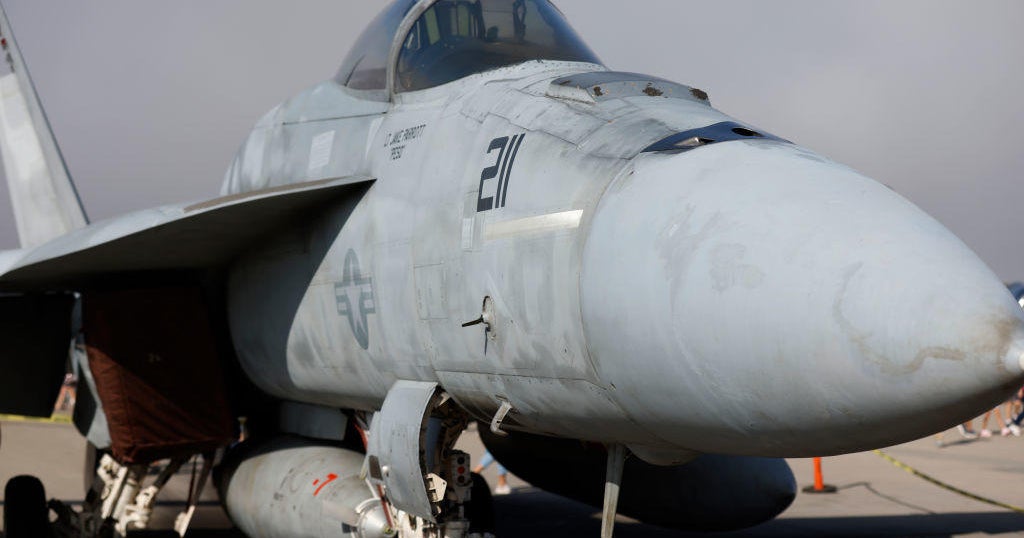Bussiness
India downplays US sanctions threat over Iran port deal

NEW DELHI: India’s foreign minister has said his company will work to communicate the benefits of a strategic port project in Iran, after the United States said Indian firms working on the project risked sanctions.
Iran and India this week signed a contract to develop and equip the long-stalled Chabahar port in an agreement that would give New Delhi 10 years of access to the facility, at a time when its government is seeking to grow trade in west and central Asia.
Washington has warm ties with India but a longstanding adversarial relationship with Iran, soured further by Tehran’s support for Hamas in its war with Israel.
“It’s a question of communicating and convincing and getting people to understand that this is actually for everybody’s benefit,” Indian foreign minister S. Jaishankar said at a public event in the city of Kolkata on Tuesday evening.
“If you look at the US’s own attitude to Chabahar in the past, the US has been appreciative of the fact that Chabahar has a larger relevance,” he added.
The United States had begrudgingly accepted the port project while the US military was in Afghanistan, as it saw New Delhi as a valuable partner to back the Kabul government that fell in 2021.
But the State Department on Monday warned that Indian companies working on the project risked US sanctions.
India’s foreign minister rejects Biden’s ‘xenophobia’ comment
“Any entity – anyone – concerned with business deals with Iran, they need to be aware of the potential risks that they’re opening themselves up to,” State Department spokesman Vedant Patel told a press briefing then.
The deal signed this week will see India Ports Global Limited (IPGL) invest $370 million into “providing strategic equipment” and “developing the transport infrastructure of the port” over the coming decade.
India in 2016 agreed to finance the development of the Iranian port as a trading hub for central Asia.
In 2019, before the Covid-19 pandemic, both countries agreed to speed up the project after a visit by Jaishankar to Tehran.










